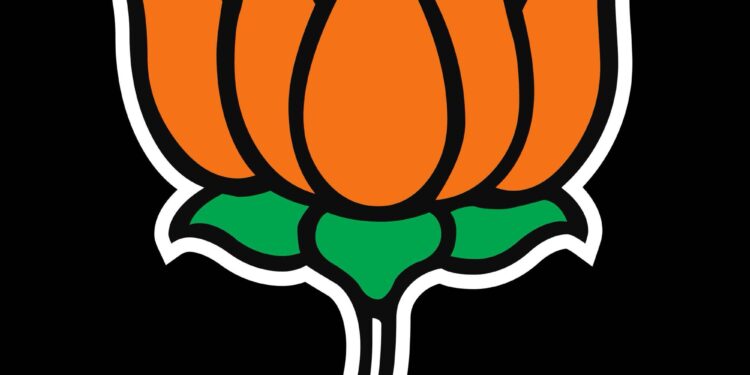Lagatar24 Desk
Ranchi: The Bharatiya Janata Party (BJP) submitted a comprehensive list of 22 suggestions and demands to the 16th Finance Commission during its visit to Jharkhand. Representing the party were Sudhir Srivastava, State Convener of the BJP Legal Cell, and Rakesh Prasad, State Vice President.
Key Demands and Recommendations Presented by BJP
Revenue Transparency and Local Governance
The BJP urged that year-wise data of Jharkhand’s tax revenue since its formation be made public. It also stressed the timely conduct of panchayat and municipal elections so local bodies can fully benefit from central funds.
Compensation Reforms
The compensation for lightning strike deaths should be increased from ₹4 lakh to ₹5 lakh. Similar compensation should be extended to deaths caused by drowning in rivers and ponds. Residents affected by elephant attacks should also receive government compensation.
Infrastructure and Public Services
The party demanded improvements in Jharkhand’s overall infrastructure. It emphasized the need to equip schools with toilets, playgrounds, and science labs. It called for urgent solutions to the drinking water crisis in the state.
Education and Electoral Reforms
The BJP pushed for “One Nation, One Dress” policy to ease financial pressure on school-going children’s families. It also supported “One Nation, One Election”, urging the Election Commission to release detailed benefits of this model. The voter list should be linked with Aadhaar to ensure transparency and accuracy. A one-day insurance cover for voters on election day was also proposed.
Religious and Cultural Tourism
The development of major pilgrimage sites like Deoghar and Rajrappa was demanded, along with better facilities for devotees.
Data and Accountability
The BJP sought public access to education-related grant data. It also asked for reports on the government’s accident prevention measures to be released.
Encroachment and Local Empowerment
The BJP called for a large-scale plan to remove illegal encroachments. It urged empowering local bodies to manage key services such as primary education, health, and drinking water.







